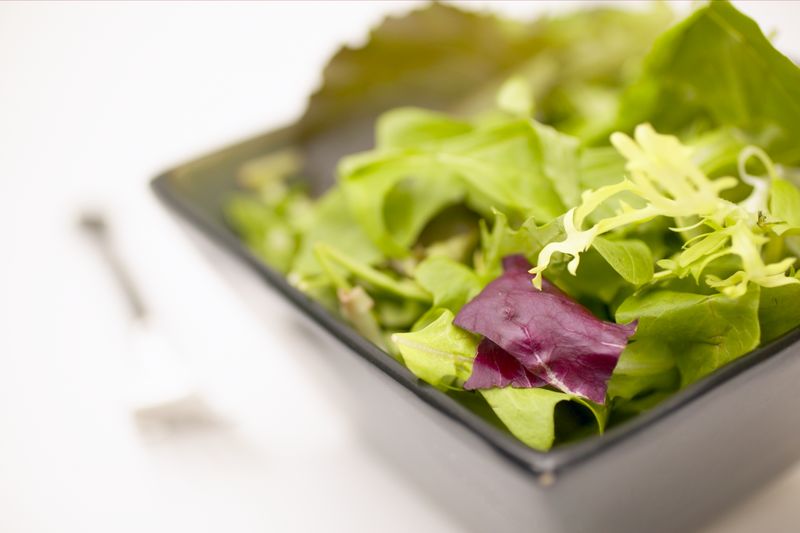<img src="http://thehealthcast.com/wp-content/uploads/2010/11/scale_SS36002.jpg" alt="" title="Low-Cal Diets May Make You Gain Weight” class=”alignleft size-full wp-image-161″ />
THURSDAY, April 8 (HealthDay News) — If losing weight feels like a never-ending battle, new research may explain why: Diets that restrict calories can actually make it harder to lose weight and keep it off.
Cutting calories increases production of cortisol, the stress hormone, which is linked to added belly fat, a new study finds.
“For the first time in humans, we are finding out that cutting your calories increases cortisol,” said lead researcher A. Janet Tomiyama, a Robert Wood Johnson Foundation Health & Society Scholar at the University of California, San Francisco.
“We think this may be one reason dieters tend to have a hard time keeping weight off in the long-term,” she said.
People who count calories feel stressed, she said, but it’s the reduction in calories that increases cortisol, which, in turn, stresses the body and leads to weight retention.
“No matter how you cut calories, whether that’s doing it on your own, or doing something like Nutrisystem or Jenny Craig, it doesn’t matter, it’s still going to increase your cortisol level,” she said.
At any given time, 47 percent of U.S. adults are dieting, but up to 64 percent gain back more weight than they lost, according to background information in the report published online April 6 in Psychosomatic Medicine.
For the study, Tomiyama’s team randomly assigned 121 women to one of four diets. One group tracked their calories, keeping them to 1,200 a day; another group ate normally but recorded the number of calories they consumed; a third group ate 1,200 calories a day, but did not have to record them, and the fourth group ate normally without any calorie-tracking.
At the start and end of the three-week trial, the researchers measured each woman’s cortisol and stress levels. When calories were restricted, cortisol levels increased. In addition, calorie-counting also increased the women’s perceived stress, the researchers found.
“The term ‘dieting’ brings to mind deprivation, starvation, being miserable and uncomfortable and ultimately failing in weight loss efforts,” Samantha Heller, a dietitian, nutritionist and exercise physiologist who is familiar with the study, said.
Burning more calories than you consume is how your body loses weight, she said. “However, severe calorie restriction, diet fads, pills and potions, detox cleanses and other quacky approaches to weight loss only contribute to people’s diet failures and, in fact, may increase the likelihood of regaining even more weight than what was lost — if any,” Heller added.
The best way to drop unwanted pounds is to adopt healthy lifestyle behaviors that include eating a variety of healthy foods, physical activity, patience and a game plan, she said.
“Many people want to lose weight and do not know how to begin. Creating a step-by-step plan is one piece of the puzzle a lot of people forgo,” Heller said.
Starting a weight-loss program takes discipline, motivation and a desire to make behavioral changes and finding support can be very helpful, Heller added.
Another expert, Dr. David L. Katz, director of the Prevention Research Center at Yale University School of Medicine in New Haven, Conn., said while dieting isn’t easy, certain strategies can help reduce stress and achieve a healthier lifestyle.
“Food itself, a reliable source of immediate gratification, may be used to relieve stress,” Katz said. “When food intake is restricted, something else should replace it.”
In general, dieting alone is not all that useful, Katz added. “Eating well and being active for life is the way to go,” he said.
“By eating foods of higher overall nutritional quality, fullness can generally be achieved on fewer calories, eliminating the need for deprivation,” Katz said. “In addition, physical activity can accelerate weight loss, promote health and alleviate stress in the bargain.”
More information
For more information on healthful eating, visit the U.S. Department of Agriculture.

